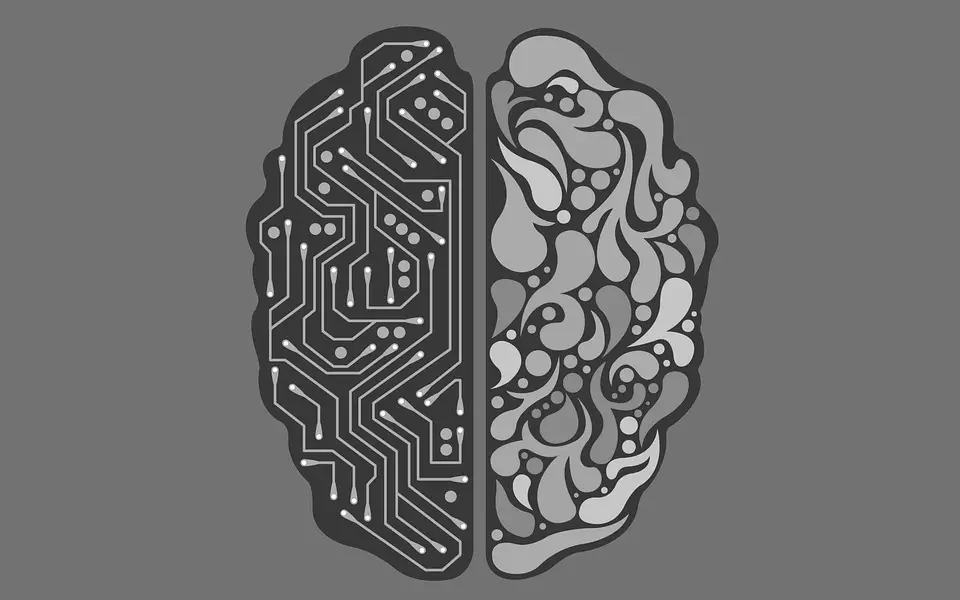
December the 9th, 2020 – With the coronavirus pandemic posing a constant threat to the normal functioning of the enfeebled Croatian healthcare system, the likes of Andrija and now Megi have been a blessing. Artificial intelligence is certainly the way to go in many a sector, and the the pandemic continuing to reign strong, the help of the Croatian Mindsmiths’ creation, Megi, is proving invaluable.
As Lucija Spiljak/Poslovni Dnevnik writes, Croatian Mindsmiths developed Megi the virtual healthcare assistant in collaboration with the Magdalena Clinic using AI, and they presented it at an online conference on Tuesday. Her digital brain was modelled on the knowledge of experts, primarily cardiologists, as well as cardiology nurses.
Last Sunday, blood pressure was measured five times a day three hours apart to get a detailed picture of the condition monitored by Megi, a virtual healthcare assistant from the Croatian Mindsmiths, an Al startup, who helps people with hypertension, a chronic disease which causes high blood pressure.
As many as 40 percent of people over the age of 25 suffer from hypertension, of which they’re unaware, it affects 31 percent of the adult population, but only 1 in 25 people actually has the disease under control. Long-term exposure to high blood pressure can cause strokes and heart attacks, kidney and heart failure, not to mention severe chronic disease.
During the testing process, the Croatian Mindsmiths’ innovative creation stated the measurement and explained everything in detail, step by step, and those undergoing Megi’s tests almost forgot that she isn’t actually a real person but a product of artificial intelligence (AI).
She also checked family histories with other necessary risk factors for high blood pressure, and after collecting all of the data, she made an assessment of the situation with Dr. Aleksandar Trbovic, a cardiologist and head of the Magdalena Polyclinic in Zagreb, with whom she scheduled a meeting for the second day to see if there was any cause for concern.
”Megi helps us doctors to precisely dose therapies, speeds up processes, and the added value for our community is that it reduces the costs of treating hypertension and its possible complications,” explained Dr. Trbovic.
Megi’s initial development took six months before direct contact with patients and physicians could begin, and since then, she has been integrated into the actual hospital system and has been caring for more than 80 hypertensive patients for twelve months.
”With Megi, the time to gather information is shortened from fifteen minutes down to a mere four, while the time of therapy can be shortened from six months to three weeks. The digital assistant has a plan for you, monitors and reminds you to measure your blood pressure, calms you down and encourages you when you’re worried.
If Megi notices that things aren’t going well, she will alert and call a doctor. We have set a goal – if we can use AI to copy the brain of one expert and help one person, then we can help millions of others. In reality, people wait in hospitals for months to get a diagnosis, and Megi can relieve almost 80 percent of such check-ups,” said Mislav Malenica, the director and founder of the Croatian Mindsmiths, who recognised healthcare as the first sector in which AI should be applied.
The director of digital health at the Magdalena Clinic, Nina Sesto, warned of predictions that by 2050, 40 percent of people in Europe will be over the age of sixty, which means they will more than likely have one or more chronic diseases to cope with.
“Artificial intelligence is the key to healthcare scalability. At the same time, it can take care of thousands of patients,” pointed out Sesto.
Mirjana Lackovic suffers from hypertension and has been using Megi’s help for twelve months now. “If my blood pressure doesn’t adjust, I contact Megi until the condition normalises. If it’s bad for a couple of days, she contacts the doctors,” said Lackovic, while Stipe Knezovic points out that Megi is kind, acts in a calming manner just like a real nurse, and the feeling, he says, is just like having a pleasant conversation with a real person.
Megi has recently become part of the process of treating patients with hypertension at the Health Centre in Zagreb, in eight chronic patients cared for by Dr. Renata Romic, who especially praises the positive psychological effect in moments when blood pressure starts to jump up, because through conversation, the Croatian Mindsmiths’ incredible creation suppresses additional stress and further blood pressure issues.
Clinical testing of the Megi prototype has shown huge potential for the application of AI in the healthcare sector and a drastic increase in efficiency in the treatment of chronic patients, so they expect, as was concluded Jan Stedul from the Croatian Mindsmiths, that Megi will gradually spread to all healthcare institutions.
For the latest travel info, bookmark our main travel info article, which is updated daily.
Read the Croatian Travel Update in your language – now available in 24 languages
Join the Total Croatia Travel INFO Viber community.







